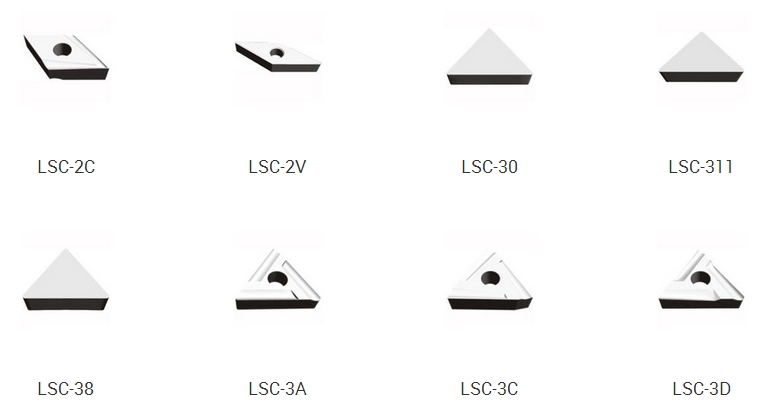Cemented carbide is a sintered, powder metallurgy product and is sensitive to thermal shock loads, which destroy cutting edges. When using a carbide tool, coolant application may increase the “shock treatment” and unintentionally contribute to cutting edge failure. Extreme temperatures result in plastic deformation of the cutting edge, while the temperature difference leads to thermal cracks. This becomes even more exaggerated in situations that generate a high level of heat, such as when milling difficult-to-cut materials. Although wet machining provides multiple benefits, it certainly can be problematic when milling.
In many cases, however, having an efficient coolant supply is not only reasonable but absolutely necessary to ensure productive milling. For example, when machining titanium and heat-resistant superalloys, austenitic and duplex (austenitic-ferritic) stainless steels—or even special-purpose, hardened, alloyed cast iron—a considerable amount of friction and heat is generated. The flushing effect of coolant also significantly enhances chip evacuation and reduces recutting of chips, particularly when milling deep pockets or narrow slots.
Langsun Carbide undertakes its own R & D and manufacturing of tungsten carbide and carbide parts assemblies, and also exports blank and finished carbide products to North America, Europe and South Africa and Southeast Asia and so on.